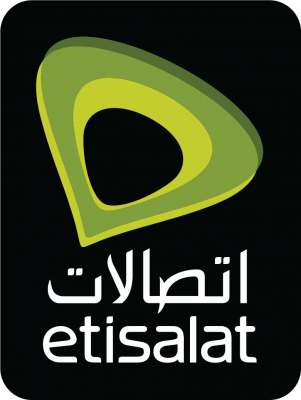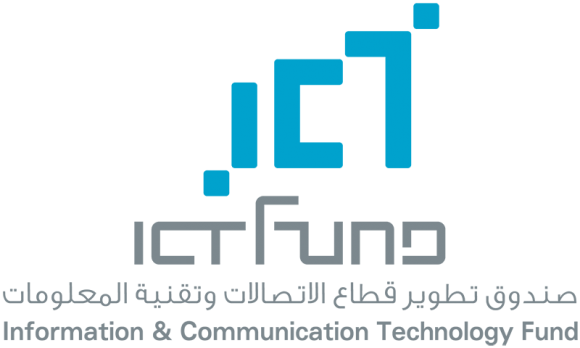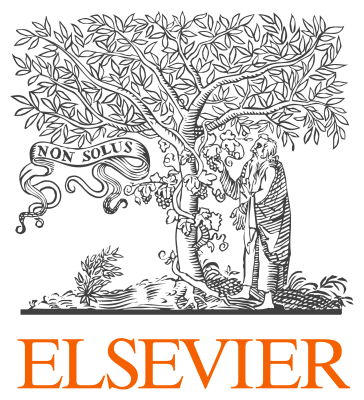2018 IEEE Global Communications Conference: Workshops: Machine Learning for Communications Program Thursday, December 13 8:30 - 10:00
MLCOMM-1: Transceiver design, detection, and decoding
- Autoencoder-Based Optical Wireless Communications Systems
-
- Channel Agnostic End-to-End Learning based Communication Systems with Conditional GAN (invited paper)
-
- Deep Learning-Based Decoding for Constrained Sequence Codes
-
- On the Sphere Decoding for MU-MIMO Systems with One-bit ADCs: Hierarchical Clustering Forest
-
- Deep Learning Based Joint Detection and Decoding of Non-Orthogonal Multiple Access Systems
-
Thursday, December 13 10:30 - 12:00
MLCOMM-2: Signal Processing
- MmWave Vehicular Beam Training with Situational Awareness by Machine Learning (invited paper)
-
- Improved Localization Accuracy using Machine Learning: Predicting and Refining RSS Measurements
-
- Machine Learning for early HARQ Feedback Prediction in 5G
-
- Machine Learning Based Hybrid Precoding for MmWave MIMO-OFDM with Dynamic Subarray
-
- Geometric Tracking of Vehicular mmWave Channels to Enable Machine Learning of Onboard Sensors
-
Thursday, December 13 1:30 - 3:00
MLCOMM-3: Resource Allocation
- Deep Reinforcement Learning (DRL)-based Transcoder Selection for Blockchain-Enabled Video Streaming
-
- Deep Deterministic Policy Gradient based Dynamic Power Control for Self-Powered Ultra-Dense Networks
-
- Actor-Critic-Based Resource Allocation for Multi-modal Optical Networks
-
- Artificial Intelligence Driven Optimization of Channel and Location in Wireless Networks
-
- Joint Machine Learning based Resource Allocation and Hybrid Beamforming Design for Massive MIMO
-
Thursday, December 13 3:30 - 5:00
MLCOMM-4: Mobile Networks
- Deep Neural Network based Computational Resource Allocation for Mobile Edge Computing
-
- An Association Rules Based Conflict-graph Construction Approach for Ultra-Dense Networks
-
- Artificial Intelligence Based Handoff Management for Dense WLANs: A Deep Learning Approach
-
- Mask R-CNN Based Object Detection for Intelligent Wireless Power Transfer
-
- Human Activity Recognition Using Deep Learning Networks with Enhanced Channel State information
-
- Autoencoder-Based Optical Wireless Communications Systems
- Channel Agnostic End-to-End Learning based Communication Systems with Conditional GAN (invited paper)
- Deep Learning-Based Decoding for Constrained Sequence Codes
- On the Sphere Decoding for MU-MIMO Systems with One-bit ADCs: Hierarchical Clustering Forest
- Deep Learning Based Joint Detection and Decoding of Non-Orthogonal Multiple Access Systems
- MmWave Vehicular Beam Training with Situational Awareness by Machine Learning (invited paper)
- Improved Localization Accuracy using Machine Learning: Predicting and Refining RSS Measurements
- Machine Learning for early HARQ Feedback Prediction in 5G
- Machine Learning Based Hybrid Precoding for MmWave MIMO-OFDM with Dynamic Subarray
- Geometric Tracking of Vehicular mmWave Channels to Enable Machine Learning of Onboard Sensors
- Deep Reinforcement Learning (DRL)-based Transcoder Selection for Blockchain-Enabled Video Streaming
- Deep Deterministic Policy Gradient based Dynamic Power Control for Self-Powered Ultra-Dense Networks
- Actor-Critic-Based Resource Allocation for Multi-modal Optical Networks
- Artificial Intelligence Driven Optimization of Channel and Location in Wireless Networks
- Joint Machine Learning based Resource Allocation and Hybrid Beamforming Design for Massive MIMO
- Deep Neural Network based Computational Resource Allocation for Mobile Edge Computing
- An Association Rules Based Conflict-graph Construction Approach for Ultra-Dense Networks
- Artificial Intelligence Based Handoff Management for Dense WLANs: A Deep Learning Approach
- Mask R-CNN Based Object Detection for Intelligent Wireless Power Transfer
- Human Activity Recognition Using Deep Learning Networks with Enhanced Channel State information


















.png%3Fitok=UcTlxbOp)



